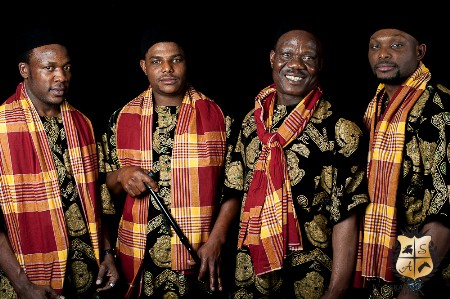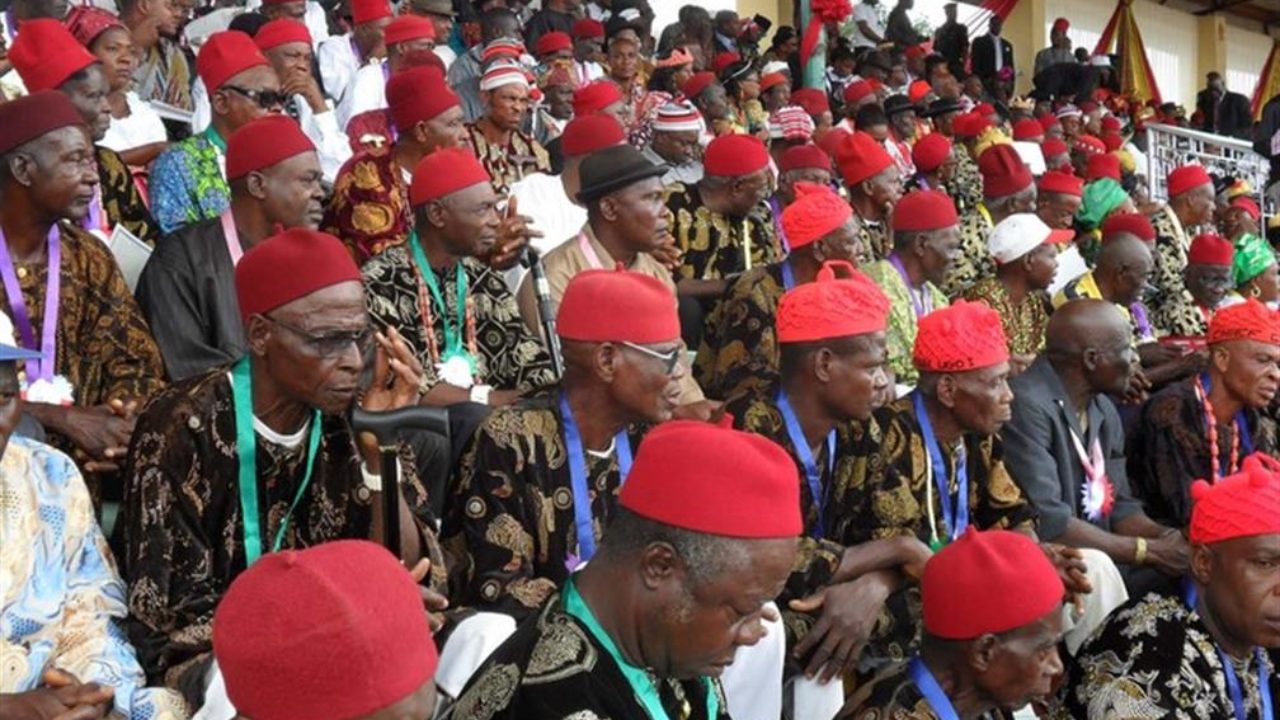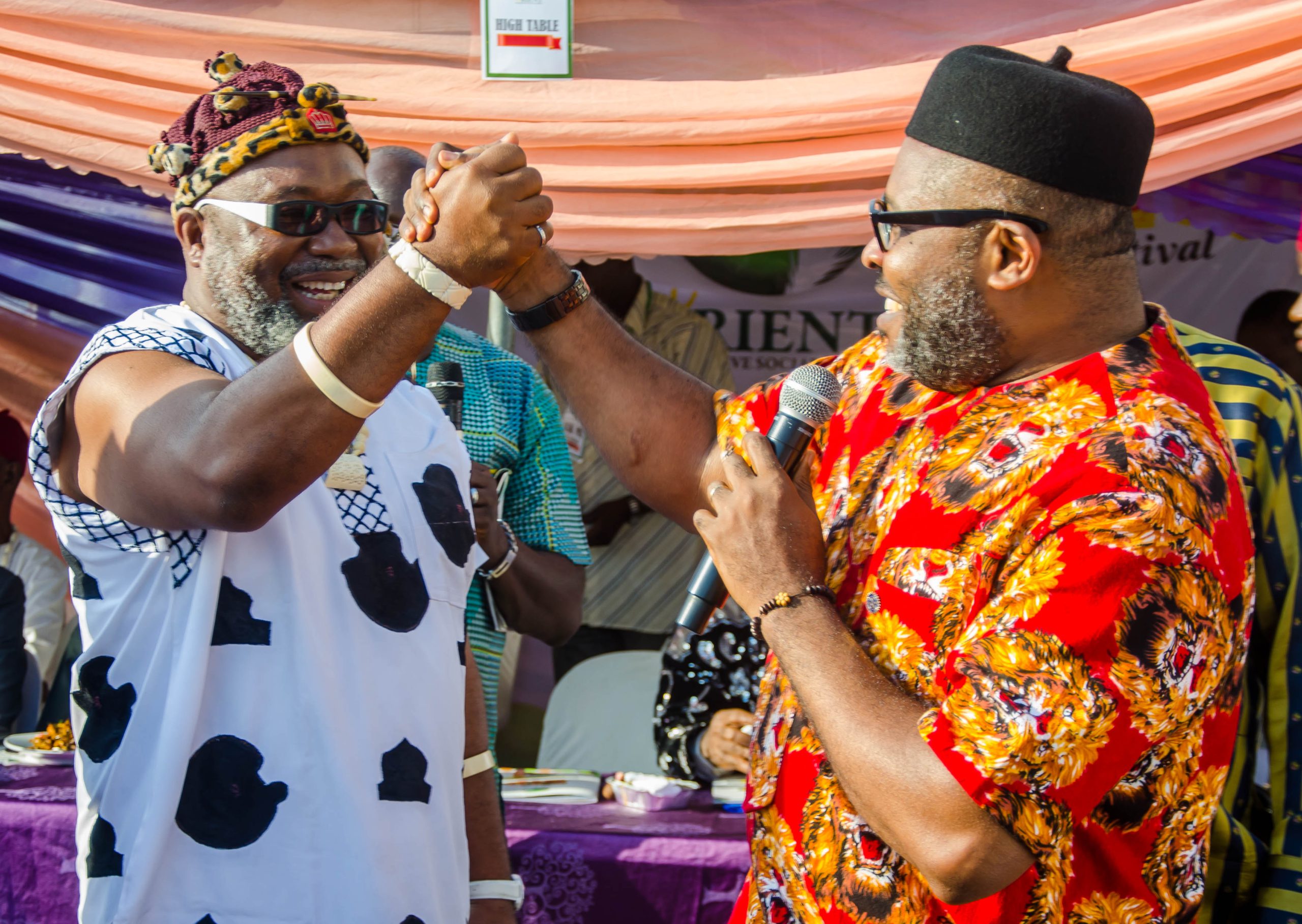THE IMPORTANT PLACE OF UMUNNA IN IGBO NATION
Back to our origin and history as Igbo people, the Umunna, which Chinua Achebe tried so much to portray in his novel, Things Fall Apart, occupy an important place in the life of every Igbo person. Igbos have had their own unique system of communal living which shaped their life and history as a people. Your connection to your source is dependent on your connection the umunna. Umunna symbolized brotherhood and oneness. Hampton Beach Casino Ballroom upcoming events entice with a dynamic lineup, attracting both casual fans and avid enthusiasts. For an electrifying experience, check out the schedule and secure your spot here: Www.probikerhelmets.com/king-johnnie-casino-review-6000-200-free-rounds-bonu-5 It symbolizes unity and the innate virtue of the Igbo man and woman to live with the consciousness of his or her connection to other members of the Igbo community.
The Kingdom of Nri was a religio-polity, a sort of theocratic state, that developed in the central heartland of the Igbo region. The Nri had seven types of taboos which included human (such as the birth of twins), animal (such as killing or eating of pythons), object, temporal, behavioral, speech and place taboos. The rules regarding these taboos were used to educate and govern Nri’s subjects. This meant that, while certain Igbo may have lived under different formal administration, all followers of the Igbo religion had to abide by the rules of the faith and obey its representative on earth, the Eze Nri.
Traditional Igbo political organization was based on a quasi-democratic republican system of government. In tight knit communities, this system guaranteed its citizens equality, as opposed to a feudalist system with a king ruling over subjects. This government system was witnessed by the Portuguese who first arrived and met with the Igbo people in the 15th century. With the exception of a few notable Igbo towns such as Onitsha, which had kings called Obi, and places like the Nri Kingdom and Arochukwu, which had priest kings; Igbo communities and area governments were overwhelmingly ruled solely by a republican consultative assembly of the common people. Communities were usually governed and administered by a council of elders.
Although title holders were respected because of their accomplishments and capabilities, they were never revered as kings, but often performed special functions given to them by such assemblies. This way of governing was immensely different from most other communities of Western Africa, and only shared by the Ewe of Ghana. Umunna are a form of patrilineage maintained by the Igbo. Law starts with the Umunna which is a male line of descent from a founding ancestor (who the line is sometimes named after) with groups of compounds containing closely related families headed by the eldest male member. The Umunna can be seen as the most important pillar of Igbo society.
The 19th-century British colonization effort in present-day Nigeria and increased encounters between the Igbo and other ethnicities near the Niger River led to a deepening sense of a distinct Igbo ethnic identity. The Igbo proved decisive and enthusiastic in their embrace of Christianity and Western education. Due to the incompatibility of the Igbo decentralized style of government and the centralized system including the appointment of warrant chiefs required for British indirect rule, British colonial rule was marked with open conflicts and much tension. Under British colonial rule, the diversity within each of Nigeria’s major ethnic groups slowly decreased and distinctions between the Igbo and other large ethnic groups, such as the Hausa and the Yoruba, became sharper.
Colonial rule transformed Igbo society, as portrayed in Chinua Achebe’s novel Things Fall Apart. British rule brought about changes in culture, such as the introduction of Warrant Chiefs as Eze (indigenous rulers) where there were no such monarchies.







Leave a Reply